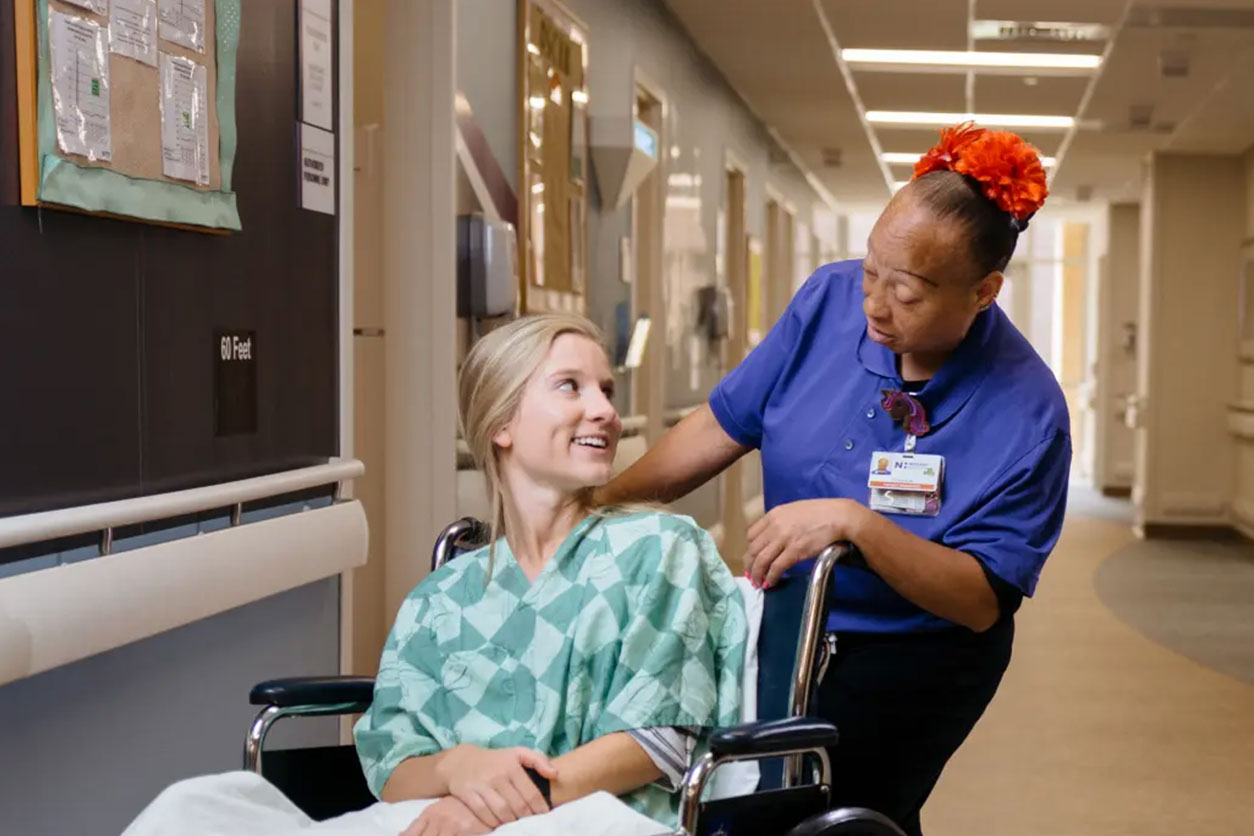
Comfortable MRI transport is of utmost importance for patients with mobility issues. These individuals may face various challenges when undergoing magnetic resonance imaging (MRI) due to their limited ability to move or be in uncomfortable positions. Providing a comfortable MRI transport experience is crucial for several reasons:
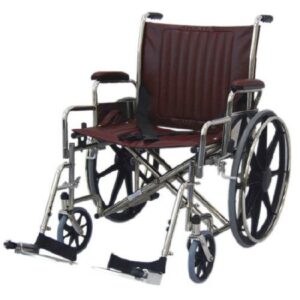
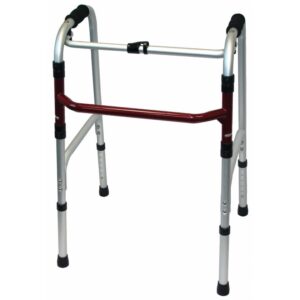
To provide comfortable MRI transport for patients with mobility issues, healthcare facilities can consider various strategies:
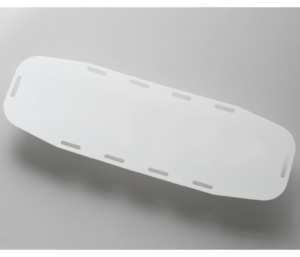
a. Specialized Equipment: The use of patient lifts, transfer boards, or gurneys specifically designed for MRI transport can facilitate the safe and comfortable movement of patients with mobility issues.
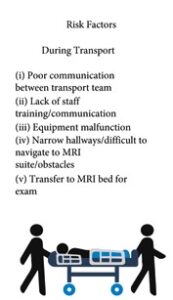
b. Staff Training: Ensure that MRI technicians and transport personnel receive appropriate training on how to handle patients with mobility issues. They should be knowledgeable about proper transfer techniques, patient positioning, and communication strategies to minimize discomfort and ensure safety.
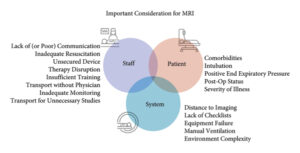
c. Communication and Preparation: Engage in effective communication with patients before the MRI scan. Understand their specific mobility needs, discuss any concerns, and provide clear instructions regarding the process. Adequate preparation, including scheduling longer scan times, if necessary, can help reduce anxiety and enhance patient comfort.
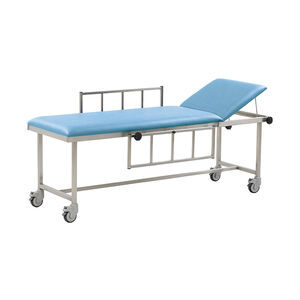
d. Accommodations and Accessibility: Maintain an accessible and inclusive MRI facility that caters to the needs of patients with mobility issues. This includes accessible parking, wheelchair-friendly entrances, spacious changing areas, and the availability of assistive devices as required.

e. Patient Comfort Measures: Offer additional comfort measures such as soft padding, positioning aids, blankets, or pillows to enhance patient comfort during transport and the scanning process.
By prioritizing comfort during MRI transport, healthcare providers can ensure a more positive and inclusive experience for patients with mobility issues, leading to better outcomes, increased patient satisfaction, and improved overall quality of care.
©2024 Kryptonite SolutionsTM. All Rights Reserved.
Powered by: Purple Tuché